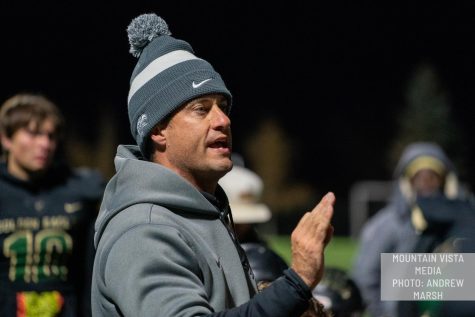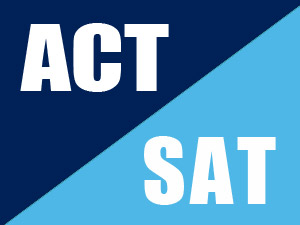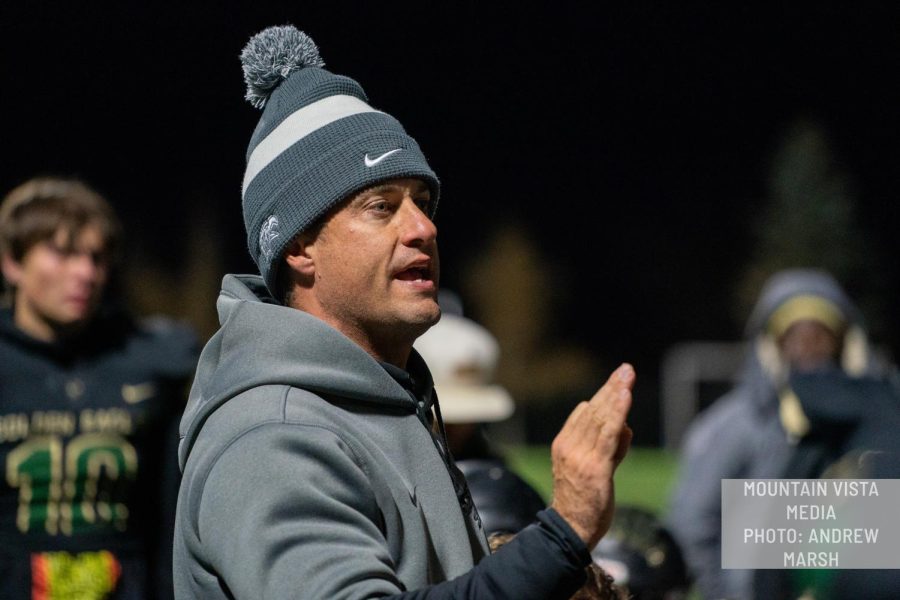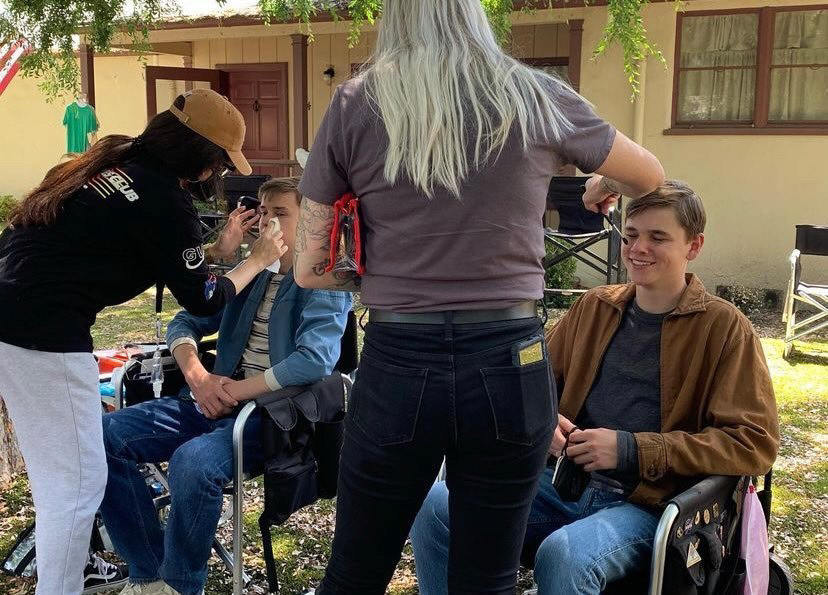COMMENTARY BY AMY HUANG
In December 2015, the Colorado Department of Education announced Colorado juniors would be required to take the new SAT instead of the ACT for the first time since 2001 according to Chalkbeat Colorado. Richard Crandall, the Colorado Commissioner of Education, discussed the reasoning behind the switch, but vaguely mentioned the real concerns current students have.
Both the SAT and ACT put in a bid with the state but “the SAT had a much better package for students, families and even the state,” Crandall said. “There was a savings about $9 million over the course of five years.” There are also more resources for the SAT, such as Khan Academy and free online classes, than the ACT, drawing the CDE to switch to the SAT.
As a father of thirteen children, Crandall is no stranger to standardized testing. For his two oldest daughters, he paid around $300 for an ACT online preparation class but for another child, he did not have to pay anything for a free SAT preparation class.
The main difference between the SAT and ACT is what they test. Crandall believes “the SAT is a little more logic while the ACT is a little more content” and then went on to talk about the importance of testing aligning with curriculum.
So Mr. Crandall, if the ACT tests content, which is what students learn directly in school, how could the SAT align better with our curriculum?
In Douglas County, students need three credits of science to graduate. Many students take science for the full four years of high school. The ACT has a science section whereas the SAT does not. It does not make sense that a test that does not test something students learn for three to four years is better suited with the high school curriculum.
The Colorado Department of Education has standards of Arts, Comprehensive Health, Mathematics, Physical Education, Reading, Writing and Communicating, Science, Social Studies and World Languages that standardized tests supposedly should test. The ACT assesses two major standards of Reading, Writing and Communicating and Science while the SAT only assesses one, Reading, Writing and Communicating. When Crandall was asked about this, the only answer was “the SAT’s alignment proposal fits better with Colorado,” he said.
Crandall also mentioned that the switch would reduce test preparation since test preparation isn’t really test preparation if the test tests the content students have been learning all year. Switching to the SAT supposedly reduces preparation involved with the SAT.
The switch to the SAT will come into effect in 2017. Current juniors who have already prepared for the ACT will be able to take the ACT this spring for free. Younger students will be introduced to the SAT by taking the PSAT over the PLAN as sophomores.
“I appreciate the PSAT because it leads to the National Merit,” Crandall said. “I love that students will take the PSAT sophomore year… Watch the number of National Merit Scholars go up.”
Overall, it seems that the switch from the ACT to SAT results from money. The SAT supposedly saves money for students, families and the state but mainly the state. Despite Crandall’s belief that the SAT has more free preparation, the ACT has just as much if students truly look. The SAT with writing is currently $54.50 and the ACT with writing is $56.50 according to CollegeBoard and ACT respectively. In the perspective of a high school senior, the ACT aligns better with the curriculum students have been learning contrary to Crandall’s belief.
As a senior, I am done with these standardized tests but I did take both the SAT and ACT. Personally, I did much better on the ACT. By the time I took the ACT and SAT as a junior, I was on my way to finishing four credits of science. My Honors Chemistry class prepared me really well for the ACT science portion because it lined up with the labs we were doing. While for the ACT science section you technically don’t need to know any of the science, you just need to know how to interpret the information, knowing the information was highly beneficial when it was time for the exam. Also, we took class time to do practice ACT science sections that were relevant to the unit we were on.















